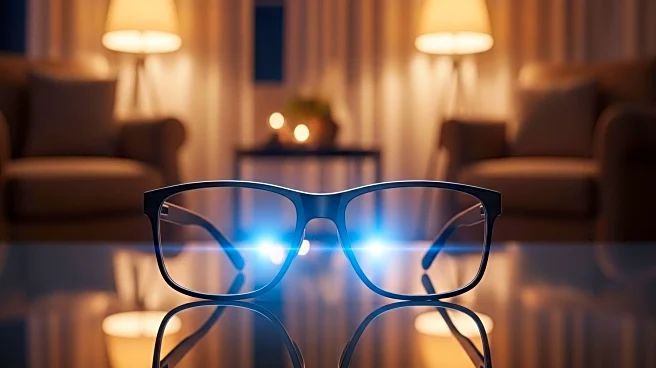What's Happening?
A viral incident involving Meta's video recording glasses has sparked privacy concerns. Influencer Aniessa Navarro reported feeling uncomfortable during a Brazilian wax session when she noticed her esthetician wearing Meta's AI glasses. Although the esthetician claimed the glasses were not recording, Navarro's experience highlights the potential privacy risks associated with wearable technology. The incident has prompted calls for legal action and increased awareness about the use of such devices in private settings.
Why It's Important?
The use of smart glasses in intimate environments raises significant privacy issues, as these devices can record without consent. The incident underscores the need for regulations to protect individuals from unauthorized surveillance. As wearable technology becomes more common, the potential for misuse in sensitive situations could lead to broader societal implications, including legal challenges and changes in consumer behavior.
What's Next?
Navarro's case may lead to legal scrutiny and potential policy changes regarding the use of recording devices in private settings. Advocacy for banning such technology in intimate environments could gain momentum, prompting businesses to reconsider their policies. The incident may also influence public perception of wearable technology, affecting its adoption and market growth.
Beyond the Headlines
The ethical implications of surveillance technology are profound, as it challenges the balance between innovation and privacy. The incident highlights the need for a societal dialogue on the boundaries of technology use and the protection of personal privacy. As smart glasses become more affordable and widespread, the debate over their appropriate use is likely to intensify.









